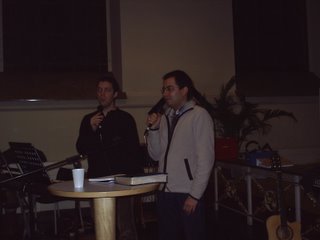Conference at the Royal Academy of Overseas Sciences

Some months ago, I got the honour of being invited by the Belgian Royal Academy of Overseas Sciences to give a conference for the Section of Natural and Medical Sciences. The D-Day was on February 21st, at the Academy in Brussels. Of course my personal challenge was to present something at the same time interesting and original. The subject was the challenges of the nutritional transition for nutritional research. I think that it is difficult to be very original when you are doing a revision of the state of the art ...
I tried to illustrate the nutritional transition by showing specific country case-studies (Morocco, South Africa, Bolivia, Chile, Iran, Malaysia and Korea), and particularly highlighting the fact that transition never follows a specific trend, hence the approach should be country-specific. The final point had to do with the concept of Nutrigenomics, which speaks about the influence that diet may have on the transmission of genetic signals for disease control. The interesting part of nutrigenomics, is that it is not only at individual level, but it may be a tool for public health nutrition in the coming years.
I concluded with the following ideas or questions:
- No longer exclusive focus of research & interventions on undernutrition
- Overweight and obesity are of concern all over the world
- Diet related chronic diseases (e.g. Med Diet & logevity)
- Interactions between nutrients and genetic expression of disease
- Holistic approach as a must, including genetics, foetal programming (Barker)
- Transition occurs at high speed in developing countries, with chronic disease rising. Are there any other mechanisms involved? Which?
- Are northern recommendations valid for developing countries?
The picture shows a moment of the discussion after the presentation, which was very rich, and the insights of the scientists present was of great value.
Armando



